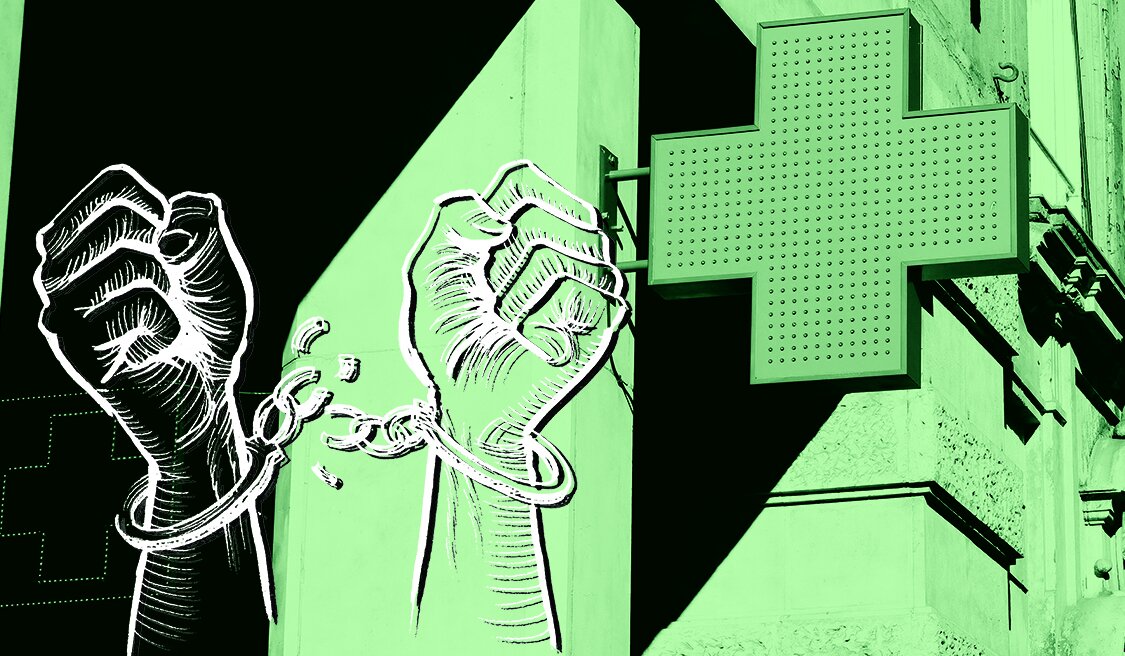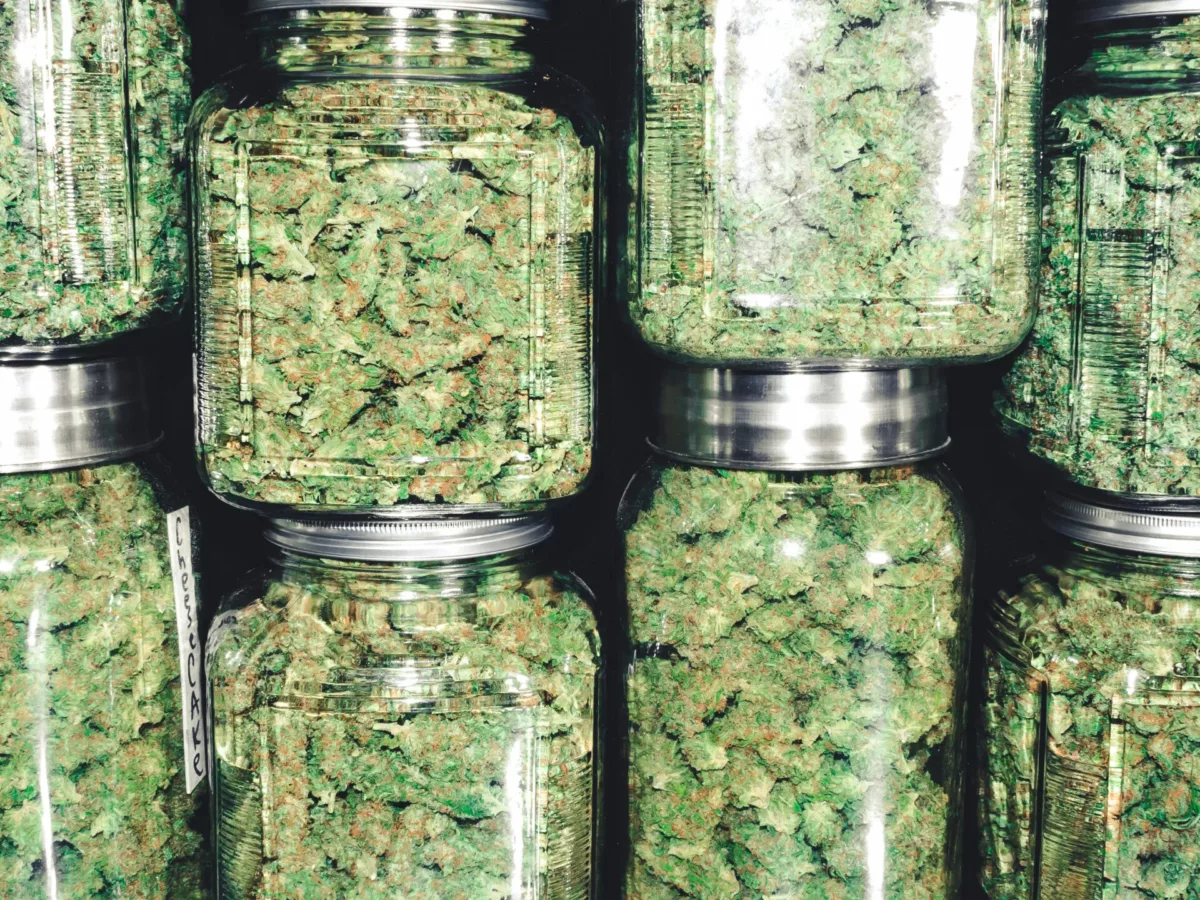D.C.’s proposed budget for the upcoming fiscal year includes funding to help veterans and people formerly incarcerated on drug charges launch their own medical cannabis businesses in the District.
As outlined in Mayor Muriel Bowser’s proposal, D.C. plans to set aside $300,000 for the Department of Small and Local Business Development to “provide financial and technical assistance for establishing cannabis business enterprises by assisting District residents, including veterans and returning citizens, with start-up entrepreneurial resources.”
The new funding would be managed by D.C.’s Alcoholic Beverage Regulation Administration (ABRA), which runs the District’s medical cannabis program. It has yet to be approved by the D.C. Council.
ABRA Director Fred Moosally offered more details on the program on Monday at a budget oversight hearing spearheaded by Councilmember Kenyan McDuffie, who chairs the council’s Committee on Business and Economic Development.
“Our agency applauds the mayor for including this provision in her budget,” Moosally said. “As this committee knows, starting a medical cannabis program can be expensive, and providing financial assistance to social equity applicants is critical in order to provide them with a viable opportunity to achieve financial success.”
ABRA is in the process of selecting applicants for five new medical cannabis licenses, including one dispensary, two cultivation centers, and two testing labs. The period to submit a Letter of Intent, a prerequisite for the application process, ended last month on May 21.
It remains to be seen whether applicants in this round of licenses will be able to benefit from the new funding. The 60-day application period begins in July, but Moosaly said the funding won’t kick in until October, at the start of fiscal year 2022.
“There’s no money set aside for 2021,” he said.
Asked by McDuffie whether that timeline could be an issue, Moosally said applicants for the current round of licenses “could still potentially engage in those funds at a later date.” Moosally added that ABRA was “more than happy to work with the committee” to fix the timeline conflict.
It’s also unclear how, exactly, the new funding will be distributed. Moosally said he didn’t know how much money the program would reserve for direct grants as opposed to technical assistance: “I don’t have that level of detail yet,” he said.
ABRA was able to provide the funding due to unspent money in its budget for the Reimbursable Detail Subsidy Program, which partially pays back the Metropolitan Police Department for providing late-night security outside restaurants, bars, nightclubs, and other businesses that sell alcohol.
Moosally said the need for MPD details outside alcohol establishments declined over the last year as businesses were forced to reduce their operating hours due to the coronavirus pandemic: “Due to the pandemic we had additional funds that weren’t spent in the Reimbursable Detail Program, and we thought it was important to use that to help social equity applicants.”
Doni Crawford, Senior Policy Analyst at the DC Fiscal Policy institute, told The Outlaw Report she was encouraged to see the new funding, though work remains to be done to create an equitable medical cannabis market in the District.
“I’m happy to see that the mayor allocated funding in DSLBD for cannabis business enterprises, returning citizens, and veterans as advocates and spring Council hearings have highlighted the urgency of doing so,” Crawford said. “Going forward, it will be important to ensure that this funding includes grants and not just loans, and that we allocate additional resources and pass new legislation so that returning citizens can successfully compete for DC cannabis licenses.”
As part of a separate initiative approved by the D.C. Council, ABRA will grant people formerly incarcerated on drug charges a 50-point advantage in this licensing round, which is scored out of 250.
As the District’s cannabis economy continues to grow, advocates have been pressing D.C. officials to implement policies that seek to repair longstanding damage done to communities of color by harsh drug policies.
In May, Mayor Bowser signed legislation that allows people with non-violent felony records to work at medical cannabis businesses. That same month, Councilmember Robert White proposed to set aside some cannabis business licenses for returning citizens, though he ultimately withdrew his bill before it could receive a vote.






